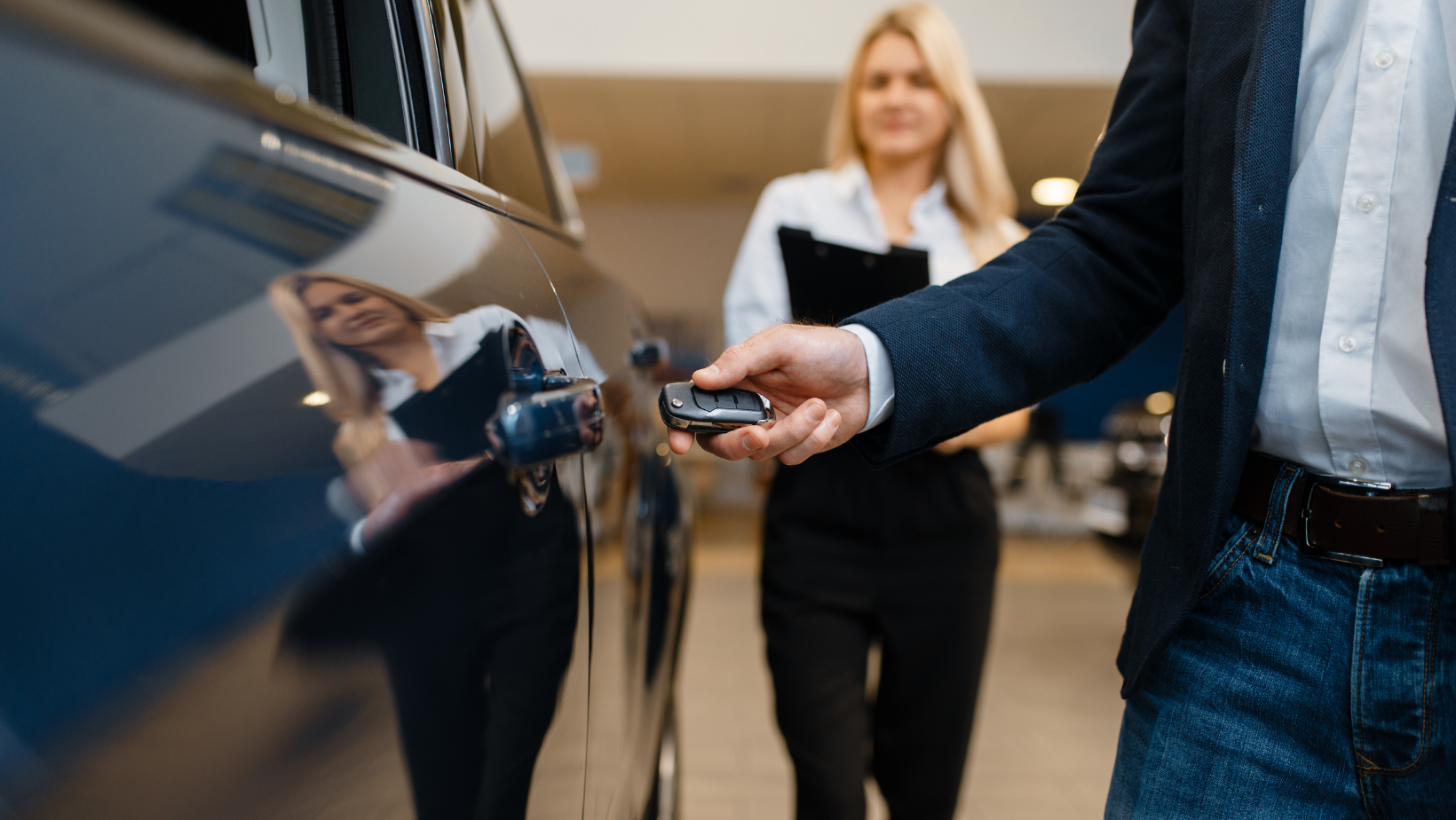A customer walks up to your front desk. They flash an ID and hand over a credit card displaying the same name. A couple papers are signed and a few minutes later, they are driving off in a vehicle from your rental fleet. You covered all your bases, right?
Wrong.
What’s the guarantee that your customer is really are who they say they are? Unfortunately, there isn’t one. In this day and age, an ID that appears to be legitimate, paired with a matching credit card, are not enough to accurately verify someone’s identity.
Fraudsters continue to improve their methods and in 2021, Identity Theft cases rose to shocking new heights. NASDAQ reported that data compromises and leaks rose by 68% compared to the year prior. While data leaks are always alarming, the real threat to businesses is how criminals can utilize the information. Many data leaks contain vital Personal Identifying Information (PII) that are then used by fraudsters to create fake documents and synthetic identities. With these tools in hand, these bad actors can successfully open fraudulent bank accounts and conduct several illegitimate purchases at retailers before ever being caught.
Do these identity fraudsters target the Rental Car industry too? It would appear so. In the USA, approximately 750,000 cars are stolen each year. In October of 2021, CBS Chicago reported a story of a victim of identity theft who’s information was used by criminals to steal multiple cars from various car rental agencies. Despite taking the step of cancelling his credit card, the fraudsters were still able to rent vehicles using his driver’s license. After the rental cars were in the possession of the criminals, the fraudsters would sell them for profit, ship them overseas, or use them to conduct various illicit activities.
An incident like the one described above can hurt your business reputation and your pocket. Each vehicle missing from your fleet represents a missed opportunity cost. Now more than ever rental cars are in high demand and the time it takes to recover (and often then repair) a stolen vehicle can be quite lofty. So what can your rental business do to reduce theft losses and protect your relationship with your consumers?
Know Your Customer “KYC” Principles for the Auto Rental Industry
KYC compliance is at the forefront for many financial institutions with regulations requiring certain measure be taken to prevent fraudulent accounts from being opened. However, KYC isn’t just helpful for banks, following similar guidelines to ensure you really know your customers can be a great beneficial to auto rental companies as well.
KYC procedures can help stop identity thieves in their tracks while protecting your consumers, your reputation, and your wallet. How does KYC work? Simple. By authenticating the identity document presented by your customer.
While an employee with good training may be able to spot a blatant fake, a professional fraudster is able to craft a more infallible counterfeit that easily slips through. Relying on human abilities is not always enough, and that’s where PALIDIN comes in.
The Identity Authentication Solution that works for you
PALIDIN takes the task of verifying the document off the employee by running it against a global database of IDs and conducting various test to accurately authenticate the ID. PALIDIN offers multiple solutions to fit your company’s individual needs and provide your customers with a convenient solution.
Do you regularly process rentals at your front desk? PALIDIN Desktop may be the solution for you! Simply insert the identity document into one of the PALIDIN approved scanners and the PALIDIN software on your desktop will run the tests and display a PASS or FAIL authentication result to your employee.
Customers remote or on the go? No problemo! PALIDIN WebID is customized to fit the needs of remote identity authentication. This solution sends a prompt to your customers cell phone to take photos of their identity document and a live “selfie” of themselves. The selfie and ID are then run against each other to ensure a valid match. Meanwhile, the ID is also run against a database to measure authenticity. After the tests are done, a PASS or FAIL result will be send directly to employee, giving them the knowledge they need to avoid any fraudulent transactions and stop criminals from driving off with one of your vehicles.
Reach out to an authentication specialist to learn more!


